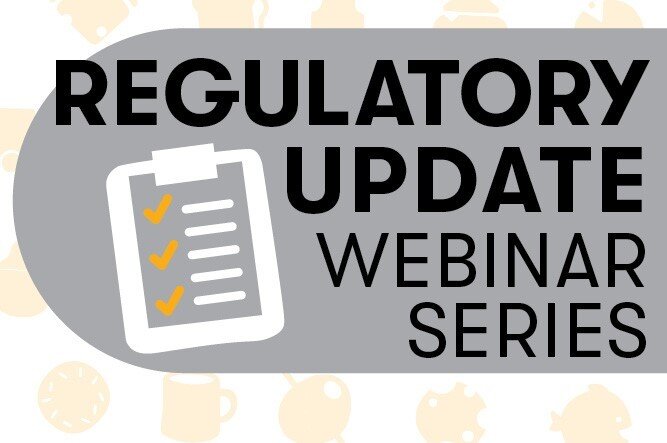FDA has increased its enforcement of the Foreign Supplier Verification Program rule, which requires importers to verify that foreign suppliers of human and animal food meet applicable FDA safety standards.
During SFA's Regulatory Update webinar, “FDA’s FSVP Rule: What You Need to Know,” Sharon Lindan Mayl, partner at DLA Piper LLP, will help attendees understand the essentials of the rule including who is covered and what is required in order to comply.
It takes place this Thursday, June 15, at 1 p.m. EDT and is free for members, and $19 for non-members. Register now.
SFA News Daily spoke with Mayl about the topic.
Why was the FSVP rule created?
The FSVP rule is one of the many rules that the FDA issued under the FDA Food Safety Modernization Act, which updated the FDA’s authority to shift the paradigm from a mode of reacting to food safety problems to preventing them. The FSVP rule requires importers to share responsibility for food safety by ensuring that the food they import meets U.S. safety standards.
What are the most difficult steps with which to comply?
FSVP importers must know the risks of any food they import, understand who is controlling those risks, and verify that the risks are being controlled. This means that the FSVP importer must have someone qualified to understand these food safety components, either on their staff or through consultants.
What common mistakes do specialty food businesses make when taking steps to meet FSVP protocol?
This rule is challenging for small businesses. The food safety components, such as conducting a hazard analysis, looking at their foreign supplier’s food safety history, and choosing the right verification activities can be difficult. But many FSVP importers are also missing basic steps, such as providing the right DUNS number in their entry documents to identify the FSVP, or not understanding that their foreign suppliers, as defined by the rule, may not be the entities from whom the food is purchased directly. That said, perhaps the biggest mistake businesses can make is not adequately documenting what they are doing to comply with the rule. Even if they are doing the right thing, they can get themselves into regulatory trouble if they are not keeping appropriate records.
How do you know if you need to comply with FSVP rules?
First, you need to understand if and how your food is covered by the rule: is it a food regulated by FDA? is there an exemption? are there modified requirements? If the food is covered, then you are the FSVP importer if you own the food, or have agreed in writing to purchase the food, at the point of entry into the U.S.
Is there anything else you would like to share about the topic in advance of the webinar?
I hope those attending the webinar will have a better understanding of all the requirements of the FSVP rule and will know where to go to get some assistance.
Related: SFA Webinar: Why ADA Accessibility Matters for Your Site; Session Preview: Specialty Swells in Alternative Channels

